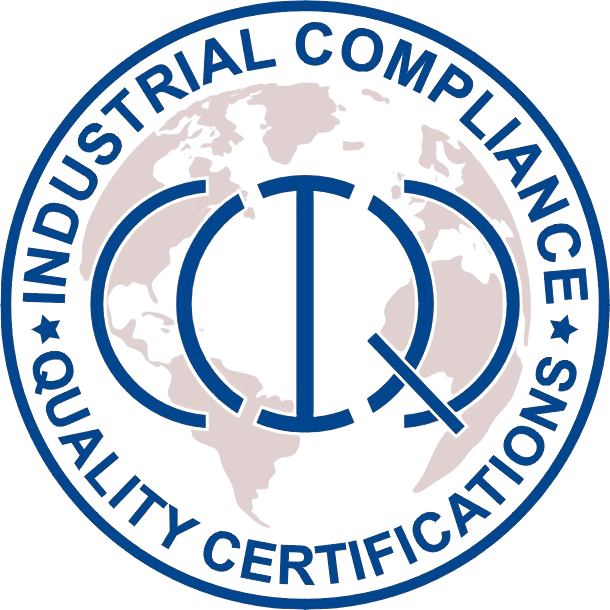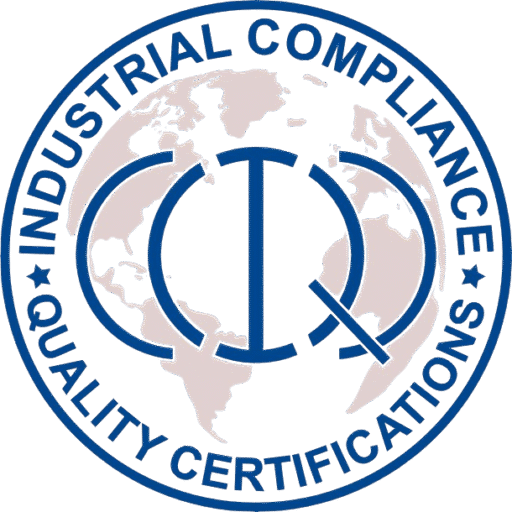Introduction: Environmental Performance in Modern Business.
In today’s competitive business environment, environmental performance is a vital concern for stakeholders, including investors, regulators, and consumers. As sustainability becomes central to corporate responsibility, it increasingly influences a company's commercial success or failure. There is a growing expectation for businesses to operate in an environmentally responsible manner, underscoring the need for structured and transparent environmental management systems.
The Role of an Environmental Management System (EMS)
An Environmental Management System (EMS) provides a structured, systematic approach to managing environmental responsibilities. It helps companies:
- Align environmental objectives with corporate strategies
- Identify and manage environmental risks and opportunities
- Promote continuous improvement in environmental performance
- Ensure regulatory compliance and anticipate future challenges
An EMS fosters a proactive culture that enhances long-term sustainability, going beyond minimum legal requirements.
ISO 14001: The Global Standard for Environmental Management
ISO 14001 is the internationally recognized benchmark for EMS implementation and improvement. It is considered the "Gold Standard" for environmental management across industries and organizational sizes. Certification indicates that a company:
- Adopts best practices to minimize environmental impact
- Meets global standards for environmental performance
- Demonstrates accountability to stakeholders, including regulators, clients, and eco-conscious consumers
Business Value of ISO 14001 Certification
Achieving ISO 14001 certification, particularly through ICQC-accredited bodies, provides tangible benefits:
- Enhances corporate reputation and brand value
- Builds trust with stakeholders and regulatory authorities
- Opens access to environmentally regulated markets
- Strengthens competitive positioning through sustainability leadership
Conclusion: A Strategic Investment in Sustainability
Implementing an ISO 14001 Environmental Management System is more than a compliance measure—it is a strategic investment in your company’s future. Partnering with ICQC ensures alignment with international standards while showcasing a genuine commitment to environmental stewardship and sustainable development.
--- ISO 14001 Benefits ---
Overview
ISO 14001 – the international standard for Environmental Management Systems (EMS) – is applicable to organizations of all sizes and sectors, worldwide. It serves as a strategic tool to support sustainable growth, compliance, and competitiveness.
Why ISO 14001?
In today’s global market, environmental performance is a key competitive factor. Small to medium-sized enterprises (SMEs) are increasingly adopting ISO 14001 to:
- Strengthen operations
- Demonstrate responsibility
- Access new markets
- Improve stakeholder confidence
Market Access
ISO 14001 certification signals environmental responsibility using a recognized international standard. It can:
- Satisfy customer and investor expectations
- Meet international tender requirements
- Unlock access to environmentally conscious markets
Core Benefits:
The benefits of implementing an Environmental Management System under ISO 14001 can be grouped into three key areas:
1. Competitiveness
- Demonstrates environmental commitment to clients and partners
- Enhances corporate image and environmental stewardship
- Opens doors to global and eco-sensitive markets
2. Cost Control
- Reduces waste and improves resource efficiency
- Conserves input materials and energy
- Minimizes environmental incidents and liabilities
3. Reputation & Compliance
- Ensures compliance with environmental legislation
- Improves investor confidence and access to capital
- Reduces risks related to environmental performance
Conclusion
Implementing ISO 14001 is a strategic step toward responsible growth, long-term cost savings, and strengthened market position. Organizations embracing this standard are better prepared to meet regulatory, environmental, and consumer expectations in a competitive, sustainability-driven world.



